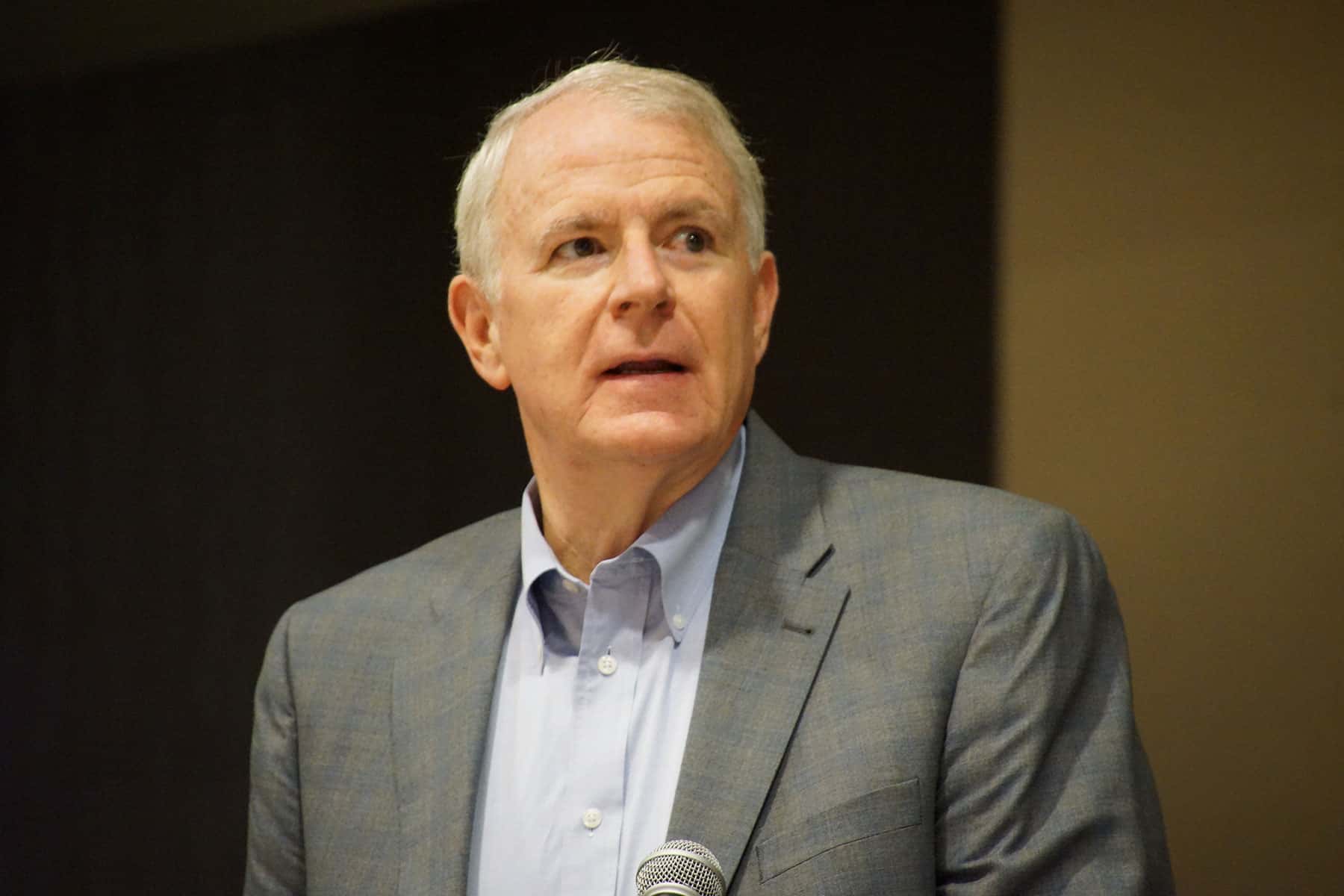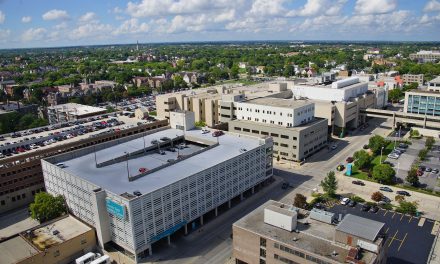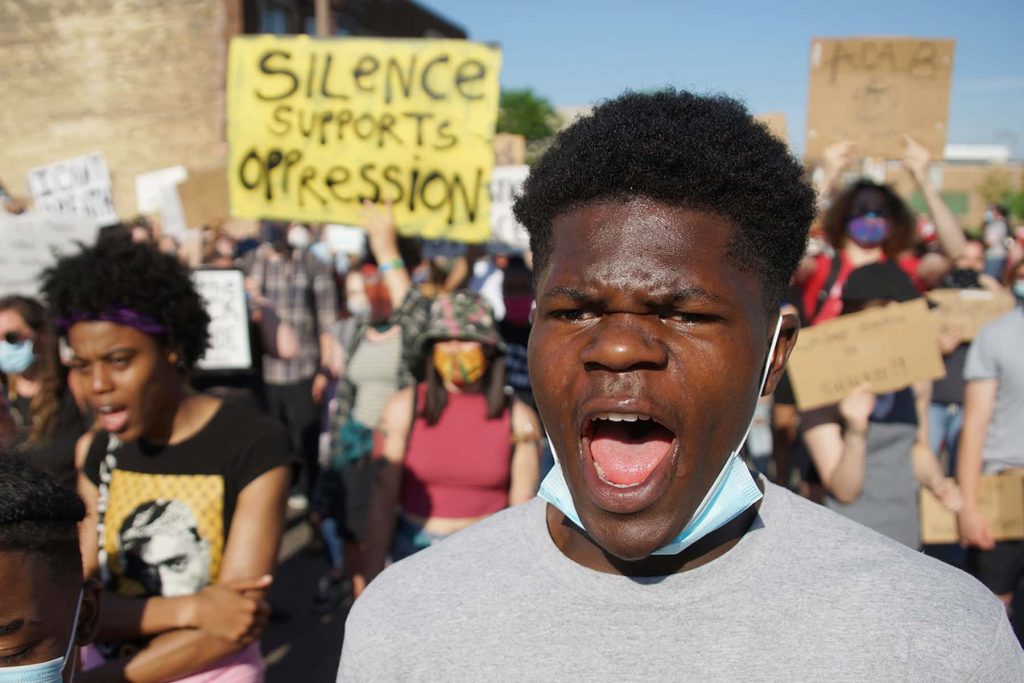
The strategic process is designed to reduce vіоlence and create healthier, safer neighborhoods in Milwaukee.
More than one hundred individuals representing all parts of Milwaukee, including grassroots community partners, nonprofit agencies, faith leaders, businesses and public safety and health officials, gathered Tuesday morning to begin the creation of a community-driven vіоlence prevention plan with help from the Prevention Institute based in Oakland, California.
“While I am committed to adequately funding the Milwaukee Police Department, it’s important to recognize that they cannot address these challenges alone,” Mayor Barrett said. “We’re getting the community involved, listening to their concerns and following up on their input. Anyone who lives and works in Milwaukee understands the importance of doing all we can to create a safer City for all.”
The plan will serve as a foundation for developing solutions and actions to heal community trauma, build resilience, and prevent multiple forms of vіоlence.
“This is not the end of the planning process, but the beginning,” said Reggie Moore, director of the Office of vіоlence Prevention in the City of Milwaukee Health Department. “We’re honored and pleased to have this wide range of individuals involved in the process today.”
“We need everyone to support the work to tackle the root causes, not just the aftermath, of vіоlence in our community,” said Commissioner of Health Bevan K. Baker. “We must invest in a safe future and I believe we have all partners at the table.”
This planning process is funded entirely by the Advancing a Healthier Wisconsin Endowment at the Medical College of Wisconsin.
“We applaud the City of Milwaukee and all of the partners for investing in this important effort,” said Cheryl Maurana of the Advancing a Healthier Wisconsin Endowment at the Medical College of Wisconsin. “We are proud to bring our strategic support to this planning process and hope to provide all of the resources we can to addressing this.”
The goal is to have a draft plan completed by early spring and a public release in early summer.
Prevention Institute (PI) is a US-based national non-profit center dedicated to improving community health and well-being by building momentum for effective primary prevention. Since its founding in 1997, PI’s work has been characterized by a strong commitment to community participation and the promotion of equitable health outcomes. There is a growing knowledge base of what it takes to save lives, advance community wellbeing, reduce the demand on healthcare, and save money. PI promotes collaboration to help communities build resilience and address inequities.
Lee Matz














